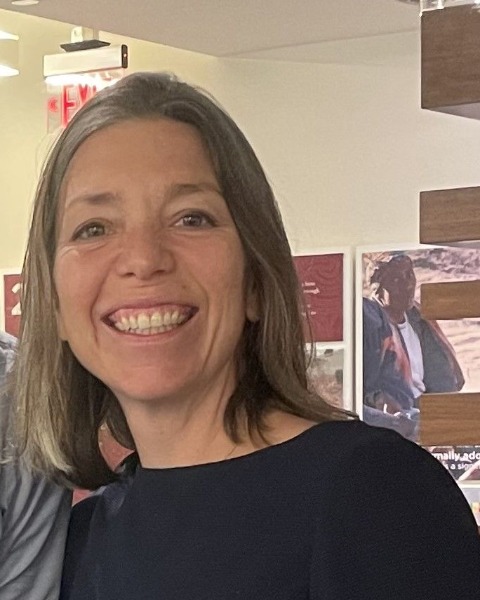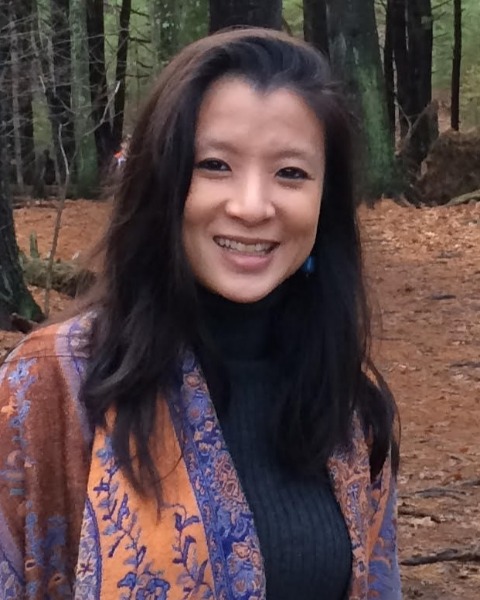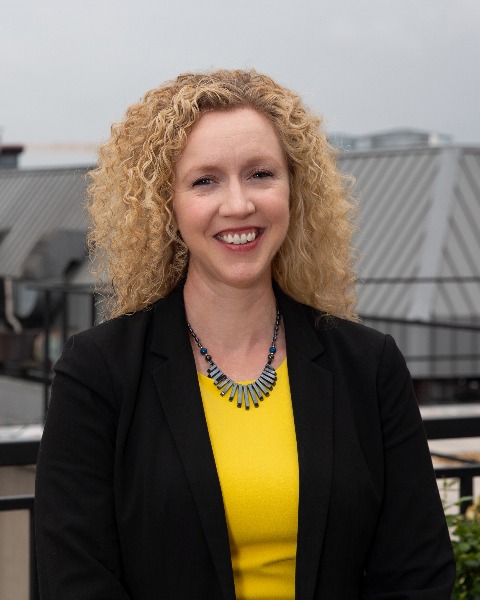International and Cross Cultural Evaluation
Using Evidence for Learning in USG International Development Agencies
-

Sarah Lane
Senior Director, Monitoring and Evaluation
Millennium Challenge Corporation, United States -

Daniella Mak
Senior MEL Advisor / Agency Burden Reduction Program Manager
USAID, Washington, United States -
PV
Pamela Velez-Vega, n/a
Senior Evaluation Advisor
US Department of State, United States -

Casey Dunning, MPP
Director of Results and Learning
MCC, United States
Presenter(s)
Facilitator(s)
Location: White River Ballroom G
Abstract Information: The U.S. Government frequently commissions evaluations for learning and accountability. As such, it is critical to ensure that evaluation findings are presented in ways that are digestible to a range of stakeholders. However, there can be barriers to utilization of these government-commissioned evaluations. Policymakers can be too busy to read through evaluation reports that are overly academic or lengthy or may not know how to translate evidence to action. Status quo bias and confirmation bias can inhibit evaluation utilization. Staff can have the perception that data relays information they already knew or may fear programs being perceived as failures. This panel will examine how three U.S. Government agencies communicate and use results to improve foreign assistance programs by overcoming barriers to evaluation utilization. A critical part of effective evidence use involves crafting a narrative that speaks to relevant stakeholders, including policymakers and program staff . Evaluations and research in federal agencies cannot fulfill their purpose of learning and program improvement if they are not used. The purpose of this panel is for each agency to showcase the work they are doing at the federal level to make evaluations and research findings accessible for different potential users. This panel will feature approaches from the Millennium Challenge Corporation, the U.S. Agency for International Development, and the Department of State to better tell the story of results to increase evaluation utilization
Relevance Statement: Communicating evaluation results is arguably the most important part of an evaluation, but it is often overlooked. An evaluation is only useful when its findings are put into practice for the next generation of programs. U.S. foreign assistance agencies are creating new tools to transparently share findings for accountability and learning. This panel will discuss lessons learned around telling the stories of our program results and have a candid conversation about how to get important evaluation findings into the hands of decisionmakers and the role of storytelling in this process. The panelists will also discuss the tools and products that help to distill evaluation findings in accessible ways at each of their respective agencies and share lessons about how these different tools work for different stakeholders
Presentations:
-
3:45 PM - 4:45 PM ETModerator
Presenter: Casey Dunning, MPP – MCC
-
3:45 PM - 4:45 PM ETUsing Evidence at MCC
Presenter: Sarah Lane – Millennium Challenge Corporation
-
3:45 PM - 4:45 PM ETUsing Evidence at the State Department
Presenter: Pamela Velez-Vega, n/a – US Department of State
-
3:45 PM - 4:45 PM ETUsing Evidence at USAID
Presenter: Daniella Mak – USAID
